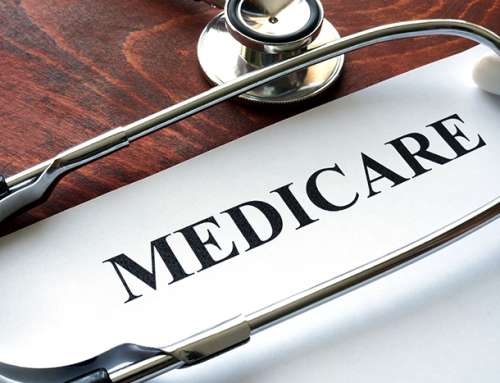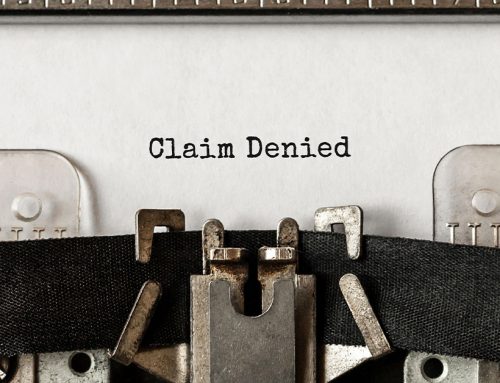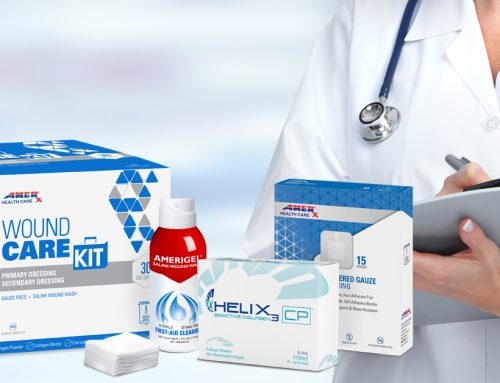Providers often ask whether they are permitted to “waive” payments that are patient responsibility. Legal interpretation of Medicare guidelines usually results in the guidance that providers have to make a “reasonable attempt” or “bona fide attempt” to collect any payments that are the responsibility of the patient. This answer can differ based on the third-party payer and the provider’s contract with that payer. Ultimate guidance should only be provided by a health care attorney duly licensed in the state in which a provider practices.
There are several references with which providers should be familiar with from which this guidance is derived.
False Claims Act
The False Claims Act makes it illegal to knowingly submit a false claim to the government. Submitting a claim for $100 worth of services, but ultimately only holding the patient (including the patient’s third-party payer) responsible for $80 may be interpreted as a False Claim. When dispensing surgical dressings and submitting a claim for payment, it is important to adhere to compliance guidelines. When dispensing surgical dressings to Medicare beneficiaries, these guidelines are clearly listed in the Durable Medical Equipment Medicare Administrative Contractor (DMEMAC) Surgical Dressings Local Coverage Determination (L33831) and Local Coverage Article (A54563).
Special Fraud Alert, 59 Fed. Reg. 242 (1994).4
This guidance from the Federal Register states that when providers forgive financial obligations for reasons other than genuine financial hardship, they unlawfully may be inducing the patient to purchase items or services in violation of the anti-kickback statute’s proscription against offering or paying something of value as an inducement to generate business payable by Federal health care program.
Section 231(h) of HIPAA, effective January 1, 1997
This section of HIPAA provides for the imposition of civil monetary penalties against any person who offers or transfers remuneration to any individual eligible for benefits under [Federal health care programs (including Medicare or Medicaid)] that such person knows or should know is likely to influence such individual to order or receive from a particular provider, practitioner, or supplier any item or service for which payment may be made, in whole or in part, [by a Federal health care program].
Conclusion
When considering how to handle payments that are the patient’s responsibility, the guidance is to consider the above references and consult with a health care attorney duly licensed in the state of your practice.

Dr. Jeffrey D. Lehrman, DPM, FASPS, MAPWCA, CPC, CPMA
Dr. Lehrman is a podiatrist practicing in Fort Collins, CO and operates Lehrman Consulting, LLC which provides consultation services regarding coding, compliance and documentation. Dr. Lehrman is a Certified Professional Coder and Certified Professional Medical Auditor. He serves as a staff liaison at the AMA CPT® Editorial Panel meetings where CPT codes are created, edited, and deleted. He is a Diplomate of the American Board of Foot and Ankle Surgery, Fellow of the American Society of Podiatric Surgeons, and is recognized as a “Master” by the American Professional Wound Care Association. Dr Lehrman is a Fellow of the American Academy of Podiatric Practice Management, Past Director of the American Professional Wound Care Association Board of Directors, and is a Past Chairman of the Board of the American Society of Podiatric Surgeons. Dr. Lehrman is also on the editorial advisory board of the journal WOUNDS.





